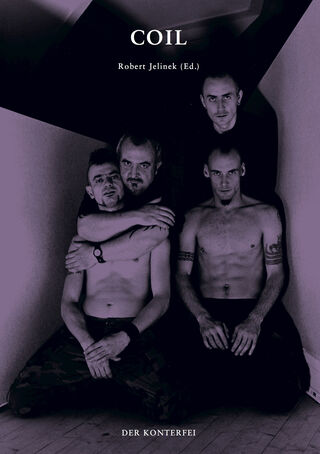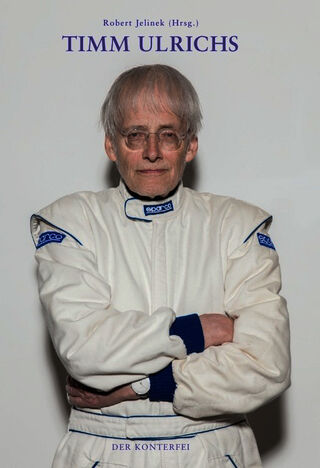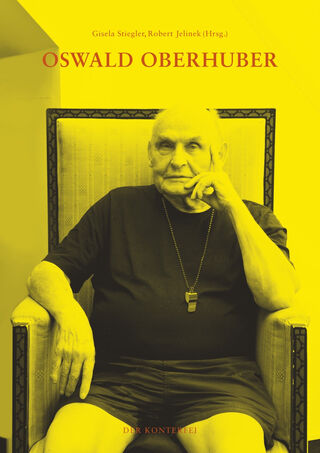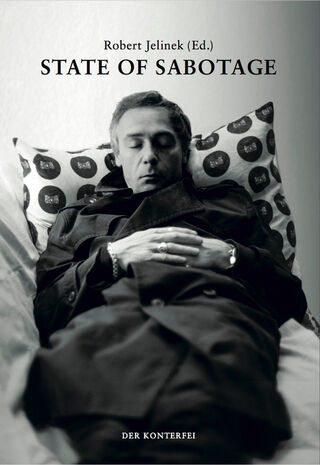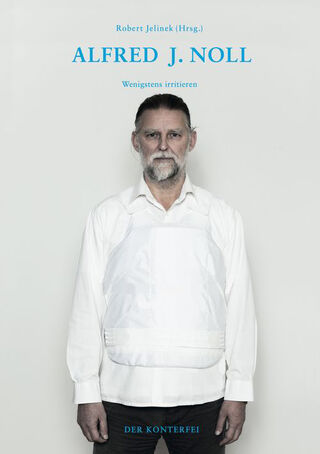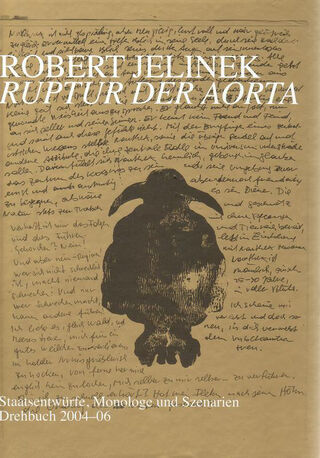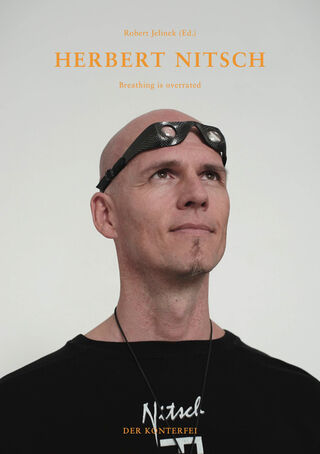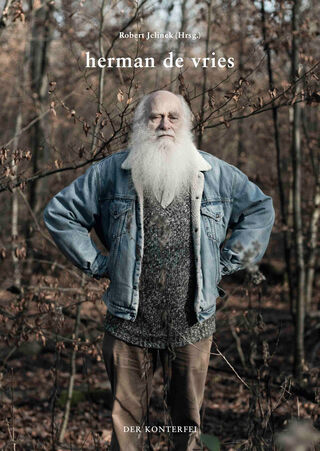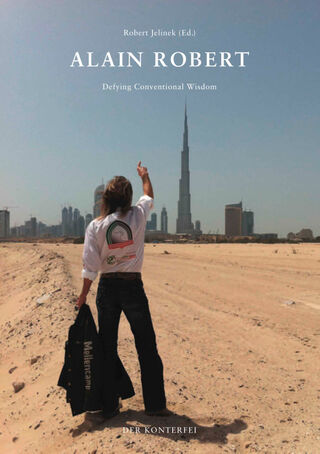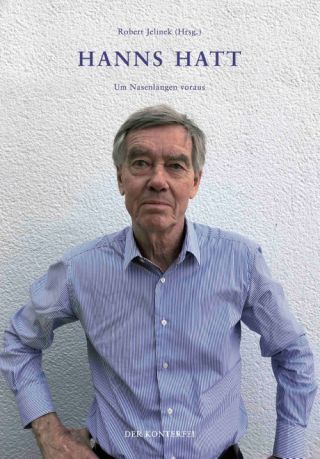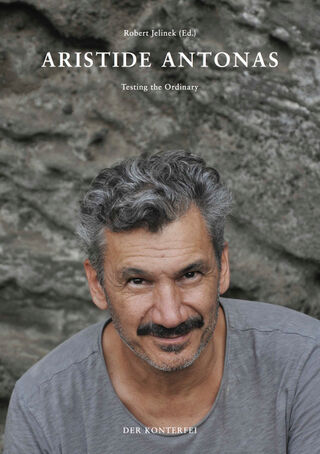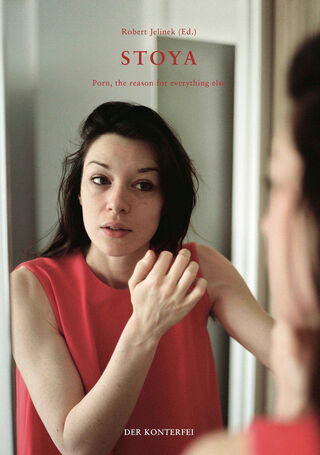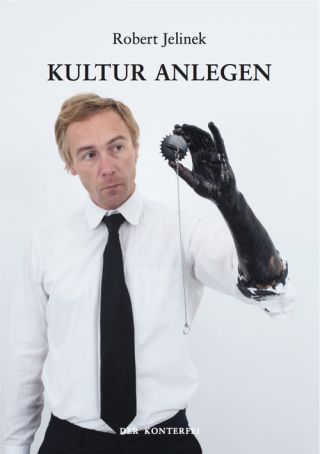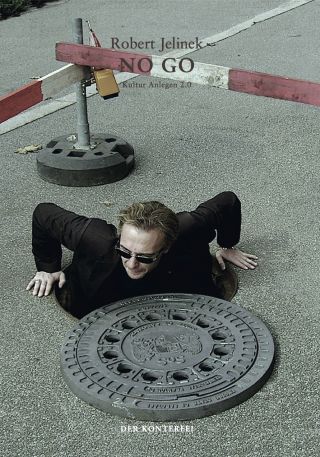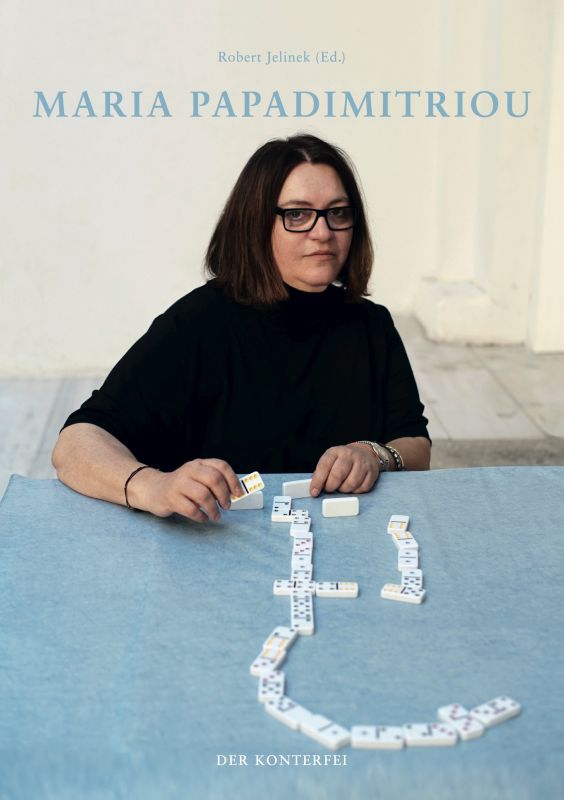
Soft Cover, English, Staple Binding, 40 Pages, 2017, Robert Jelinek
Maria Papadimitriou
Humans are more than the roles that they play. Who is one supposed to be? The ›I‹ can only be found with, or opposed to, other human beings. The little ›I am I‹ first gets the idea to seek its identity when it meets others who already have one. Only those who revolt experience who they are.
Human individuation (becoming an ›I‹) begins when a human being says no for the very first time. The Greek artist Maria Papadimitriou creates spaces of collective identity for, and allows new roles to be assumed by, people and groups in locations that are barely perceived by most of our society. She pursues the assumption that the processes of collective identity construction occur primarily, though not exclusively, through interactive everyday space production: By establishing temporary or long-term spaces in the city, movement activists can develop collective power. Their approach and methods resemble an ethnographic study which attempts to artistically illuminate free-space discourses in terms of mobilization and emotional-corporal identity construction as a mystery locked within ourselves. For, when we speak of collective identity, we are also claim- ing a certain resemblence to members of our particular community rather than to ›outsiders.‹ Ultimately, at the center of a society and at the center of a collective identity, there is always the work of solving this mystery. Language: English


